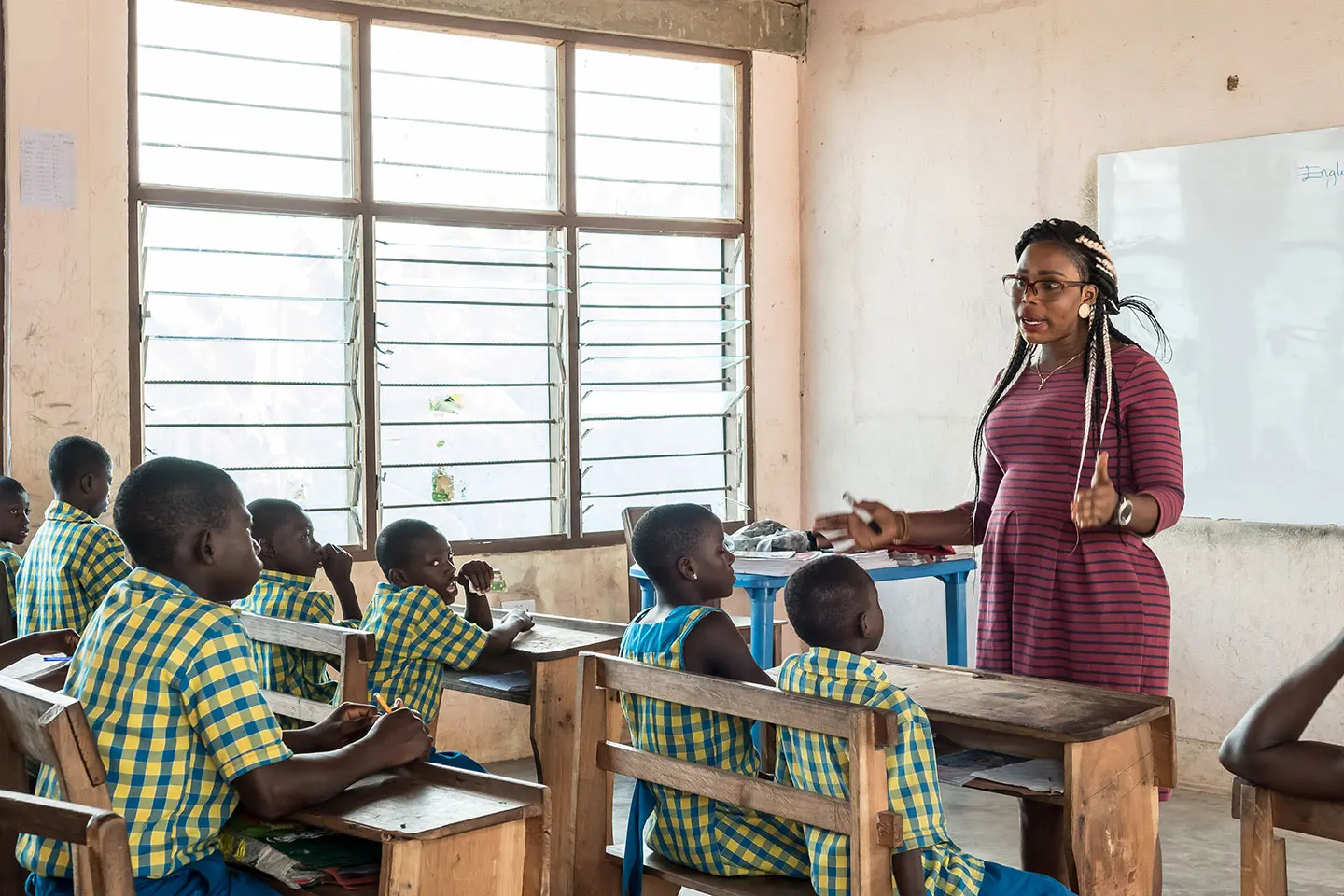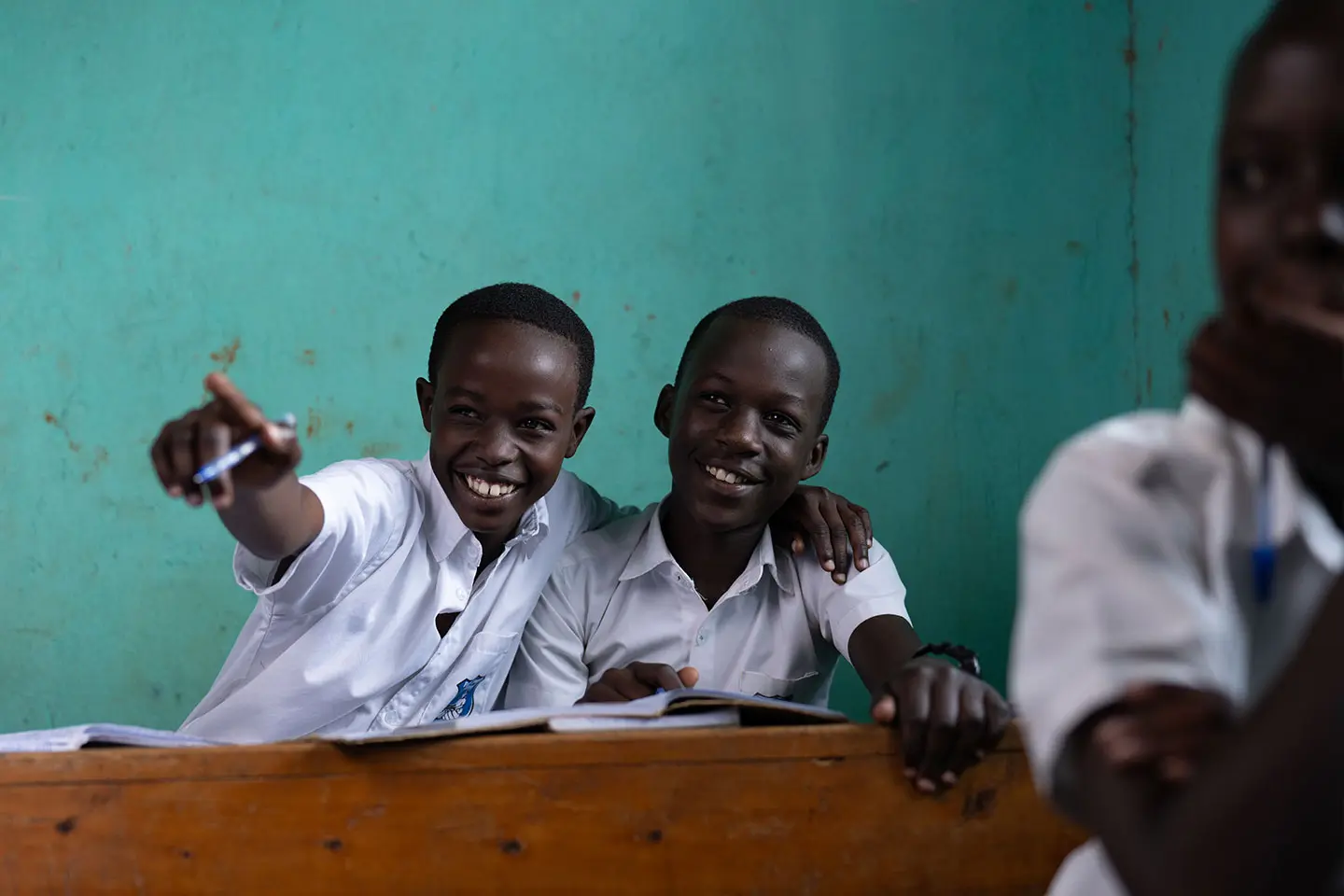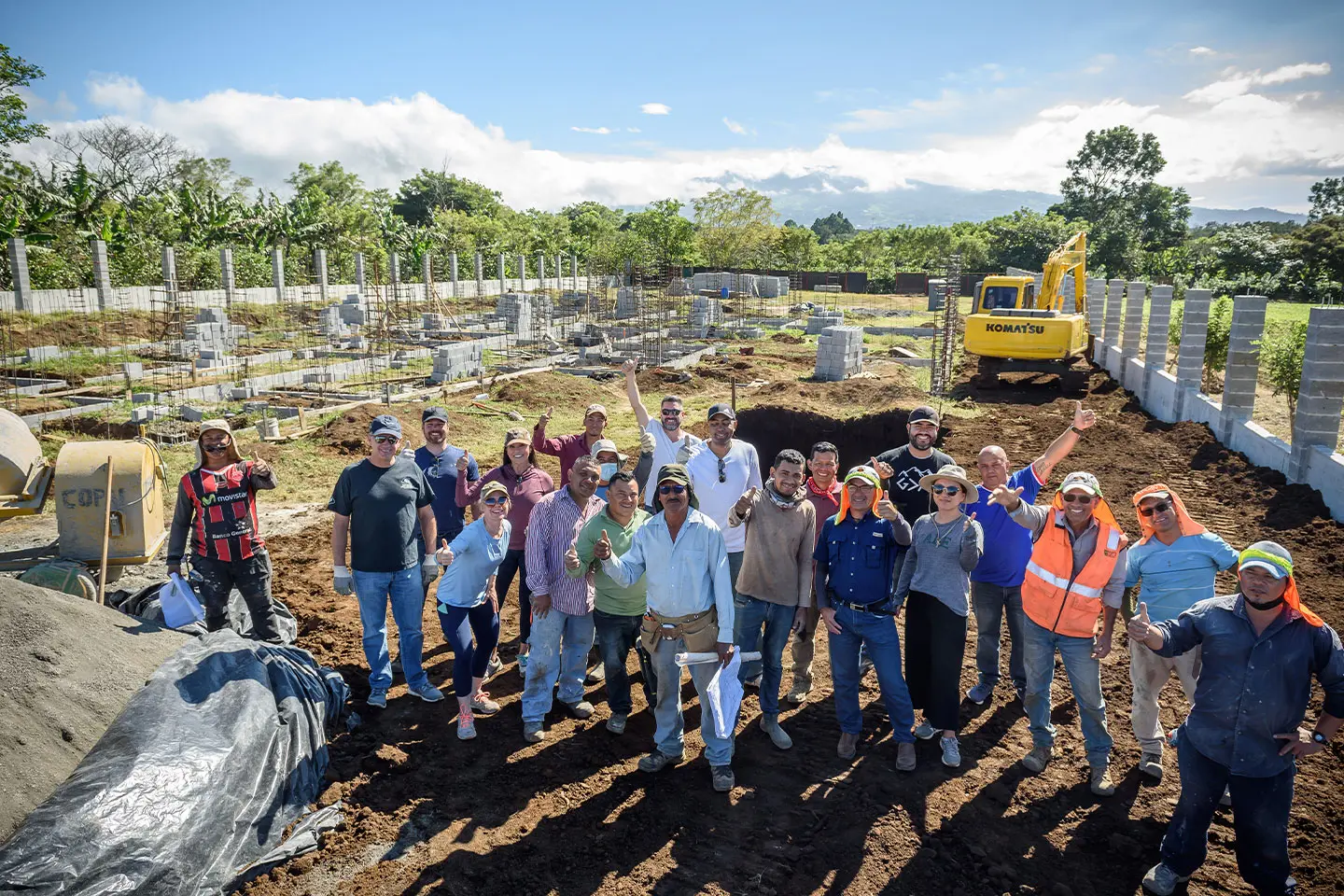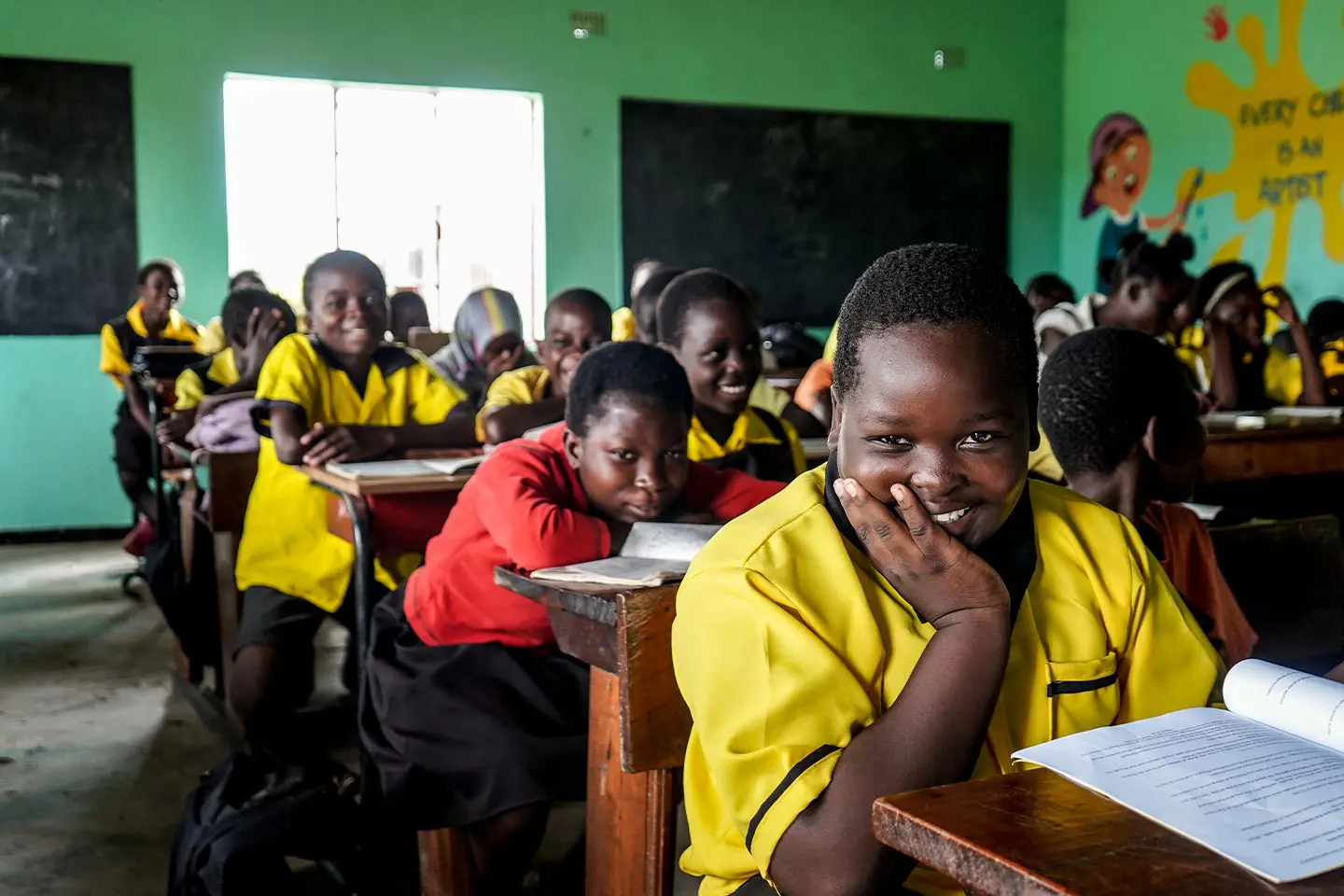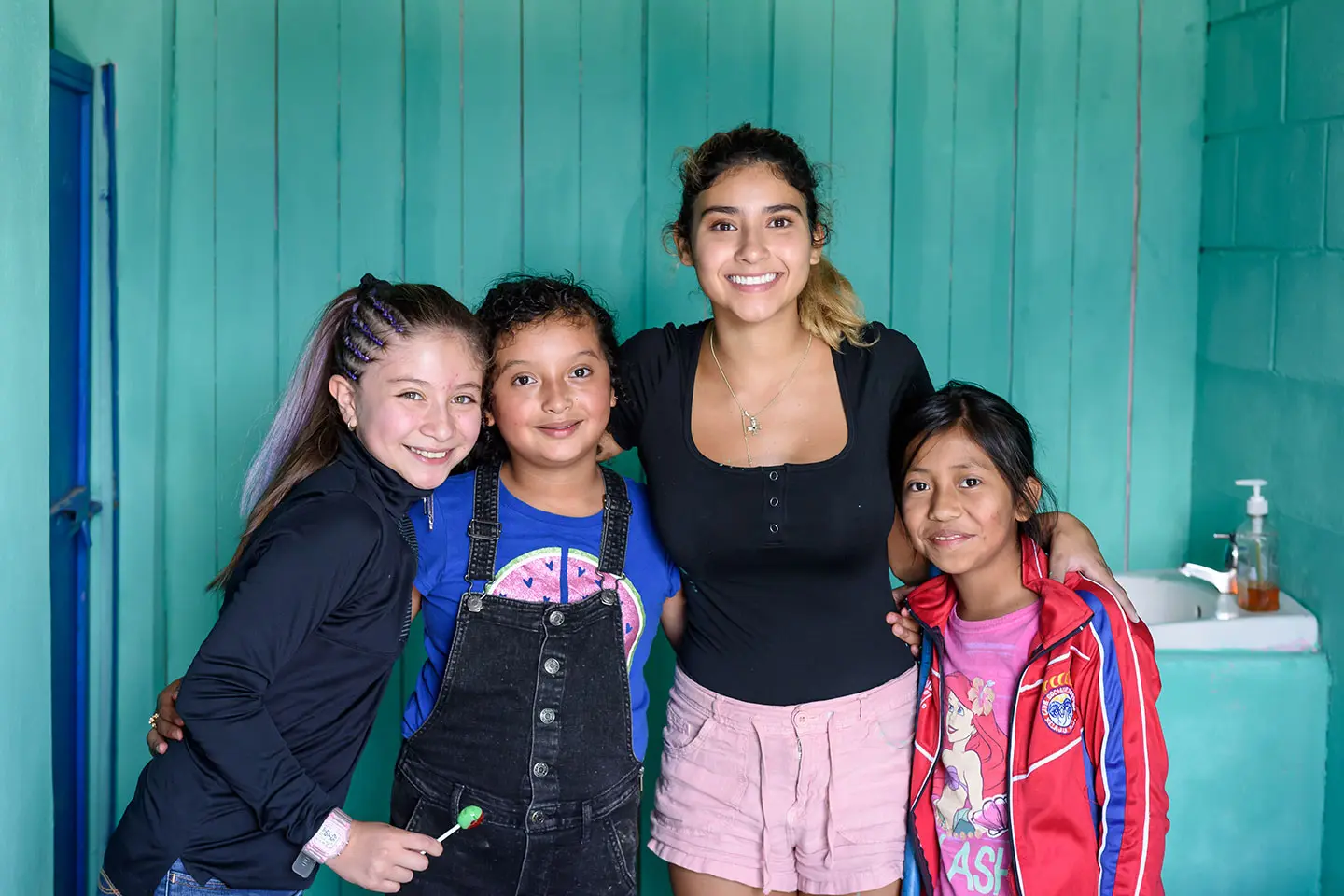Hovde’s Heart
After finding success in the private sector, Eric Hovde decided to use his resources to give back to the most vulnerable.
Eric and his brother Steve started the Hovde Foundation in 1998 to support finding a cure for Multiple Sclerosis through funding research. However, following an eye-opening trip to Romania and Kosovo in the 1990s, they expanded their focus to improving the lives of vulnerable children, by aiding organizations dedicated to supporting children who have been abandoned, enslaved, and sex-trafficked, ensuring they are happy, healthy, and prepared for a promising future.
To date, twelve Hovde Homes have been completed in Bolivia, Ghana, Guatemala, Honduras (x2), Kenya, Malawi, Mexico, Peru, Rwanda (x2), and Wisconsin. There is also one new home in progress in Costa Rica.
In addition to his work through the Hovde Foundation, Eric has expanded his giving through individual contributions and other foundations.
Impact of Foundations

